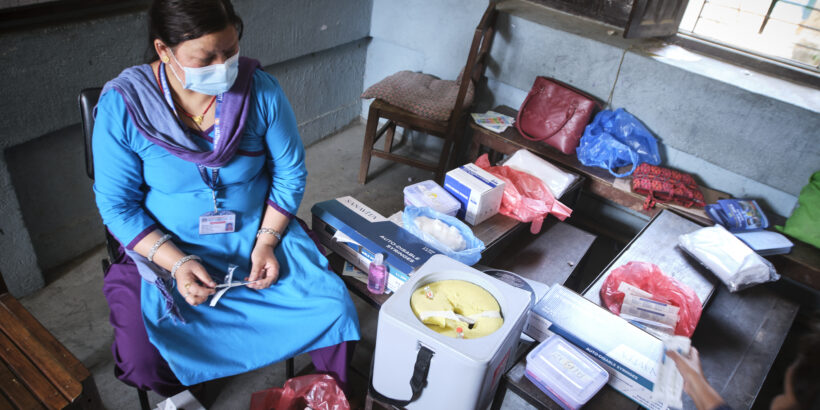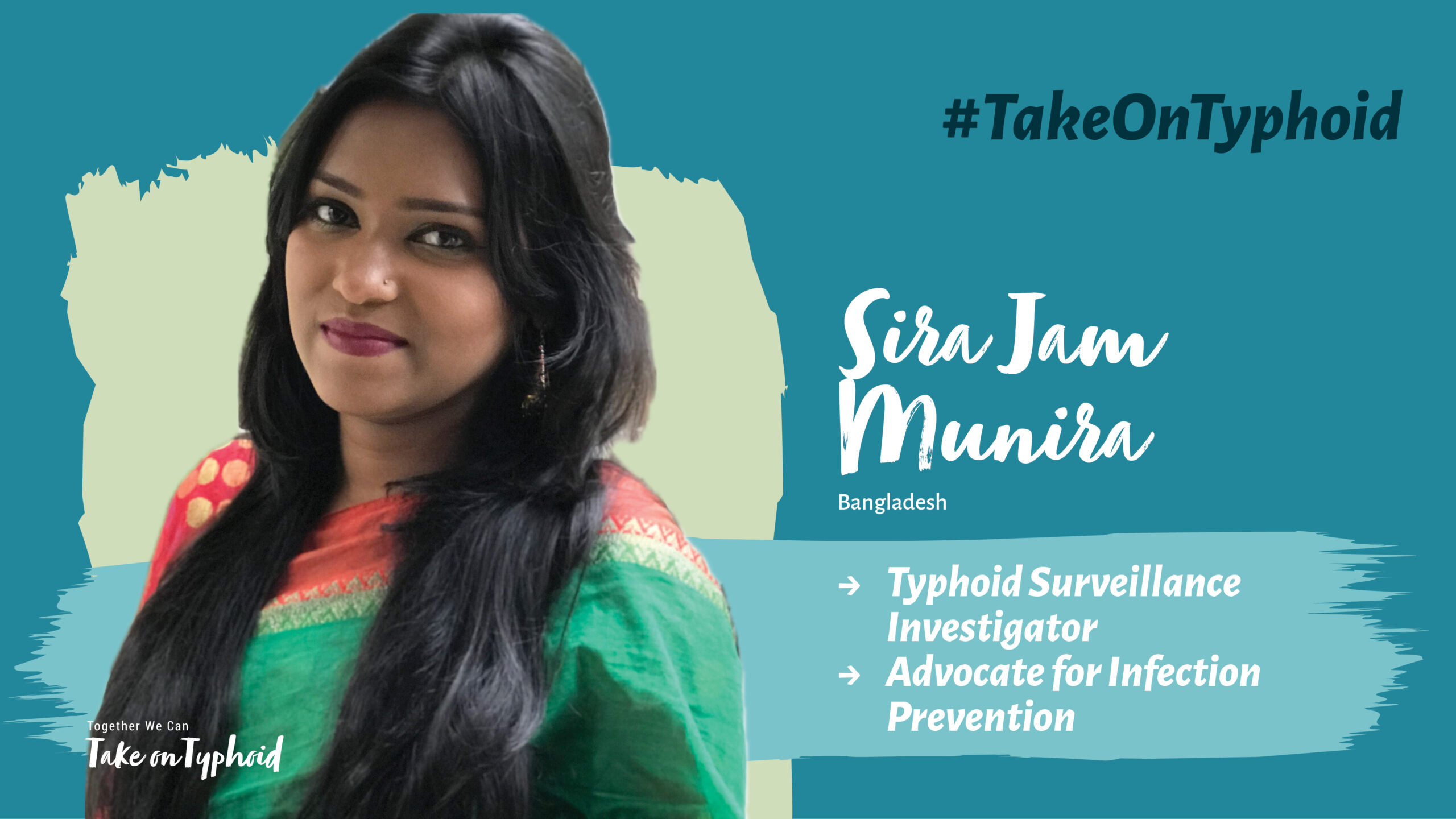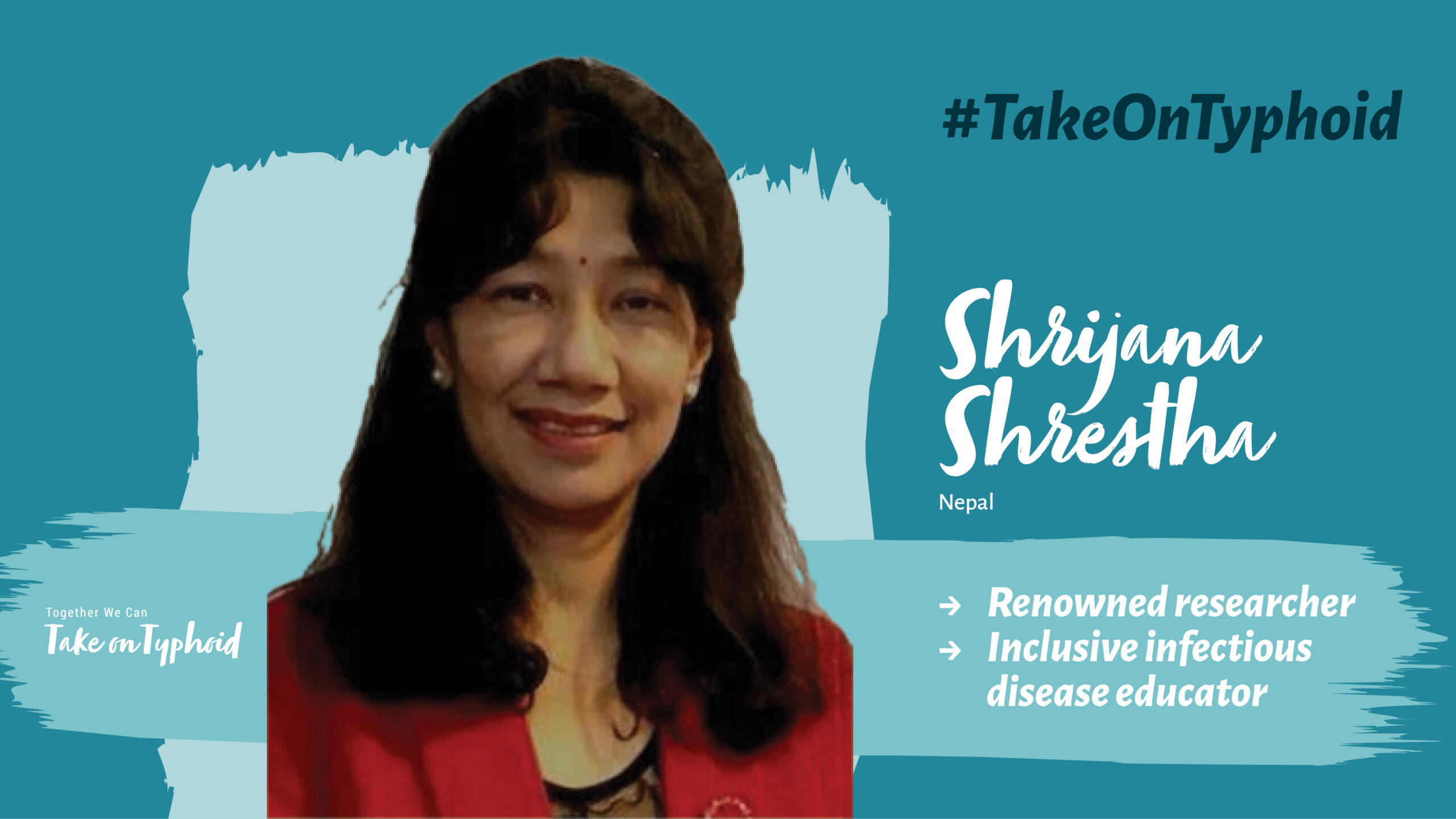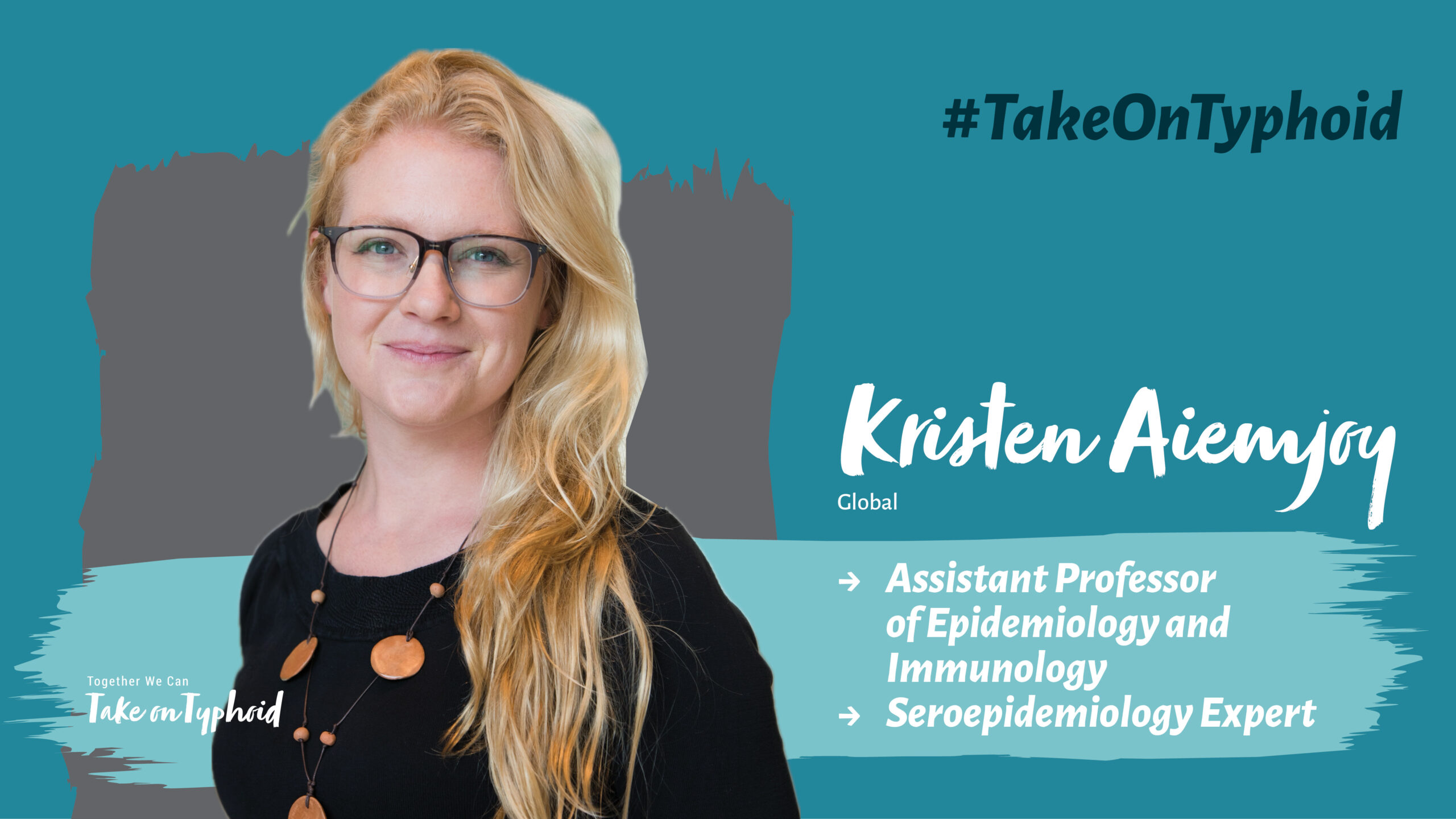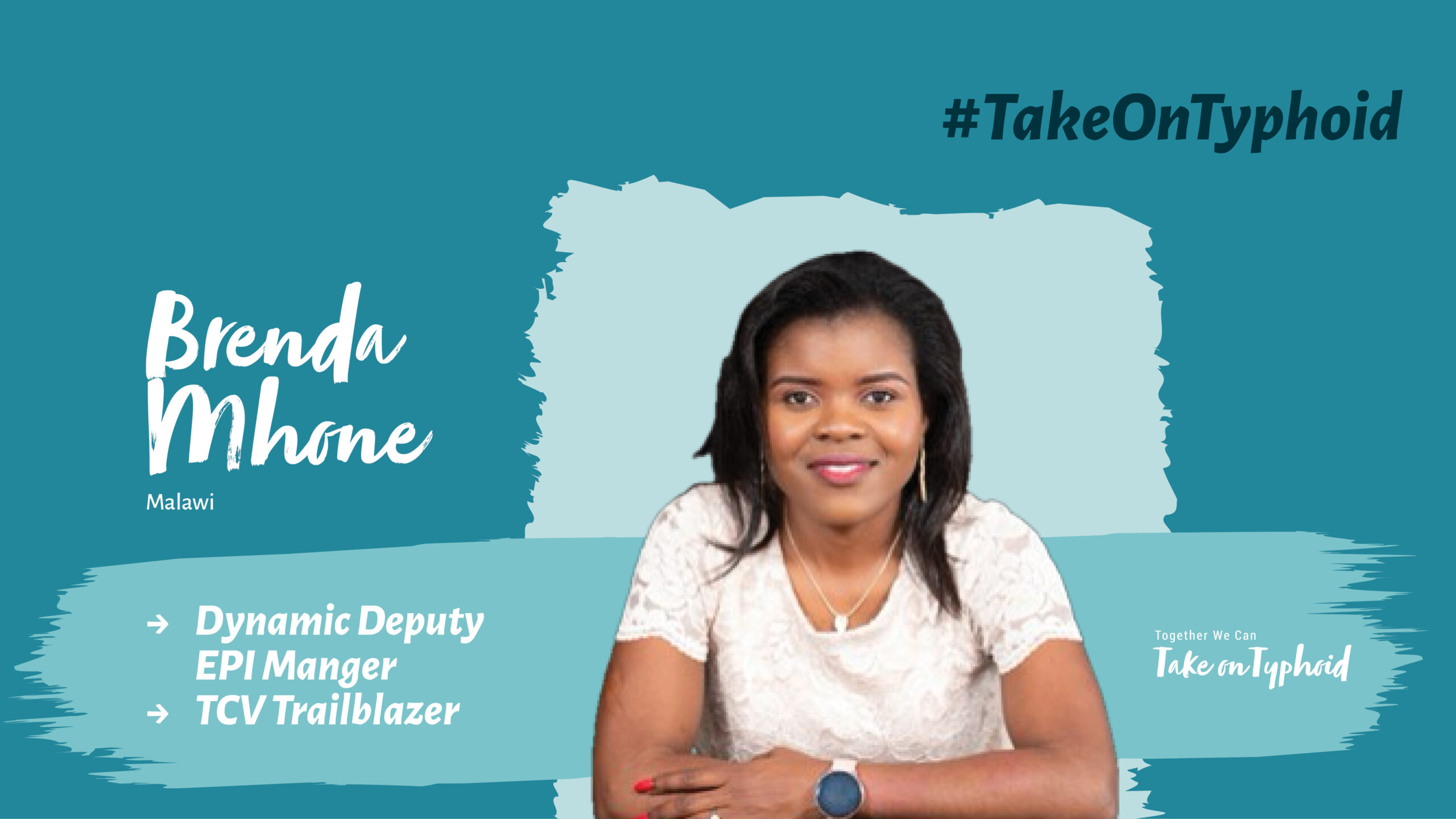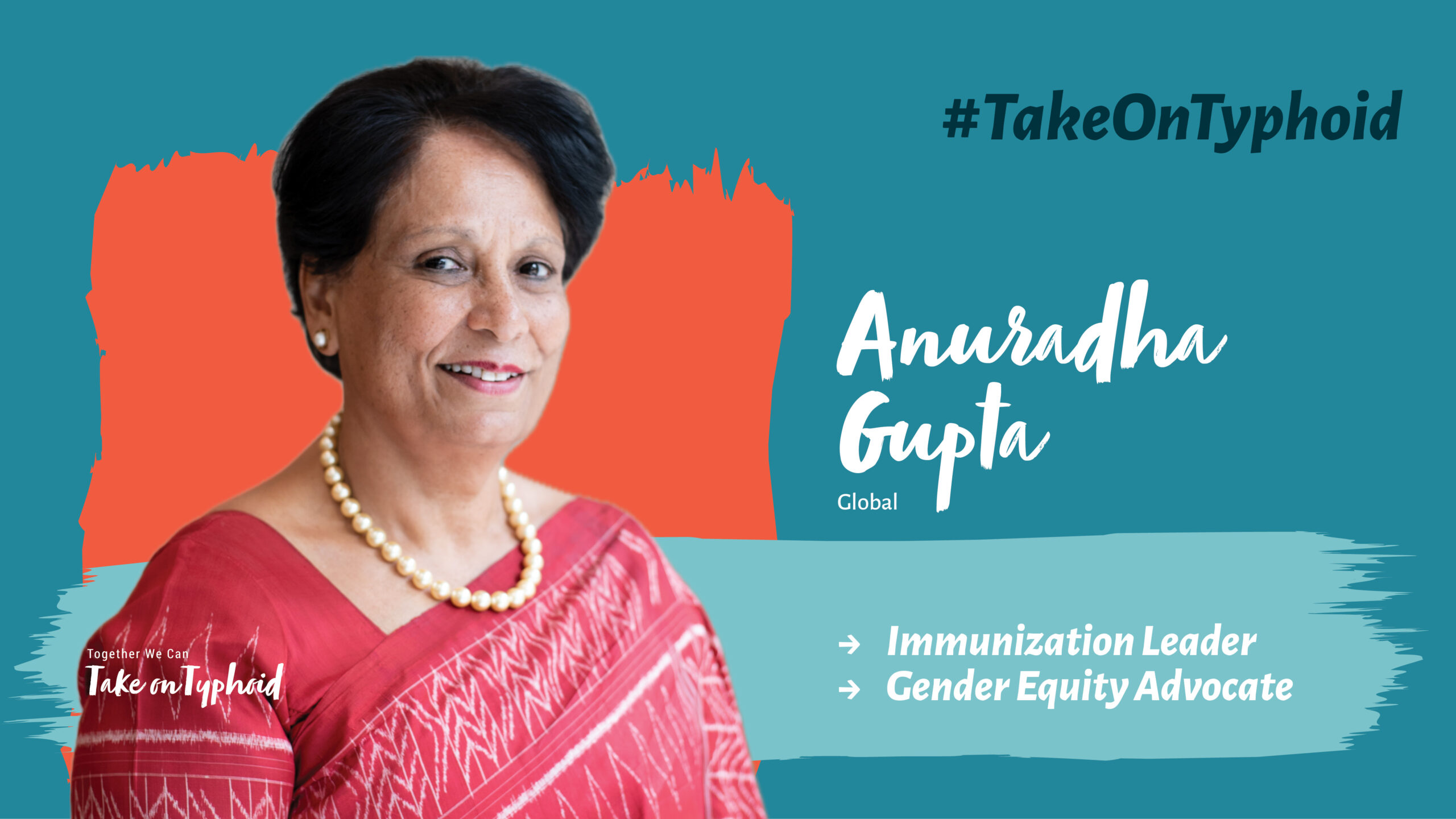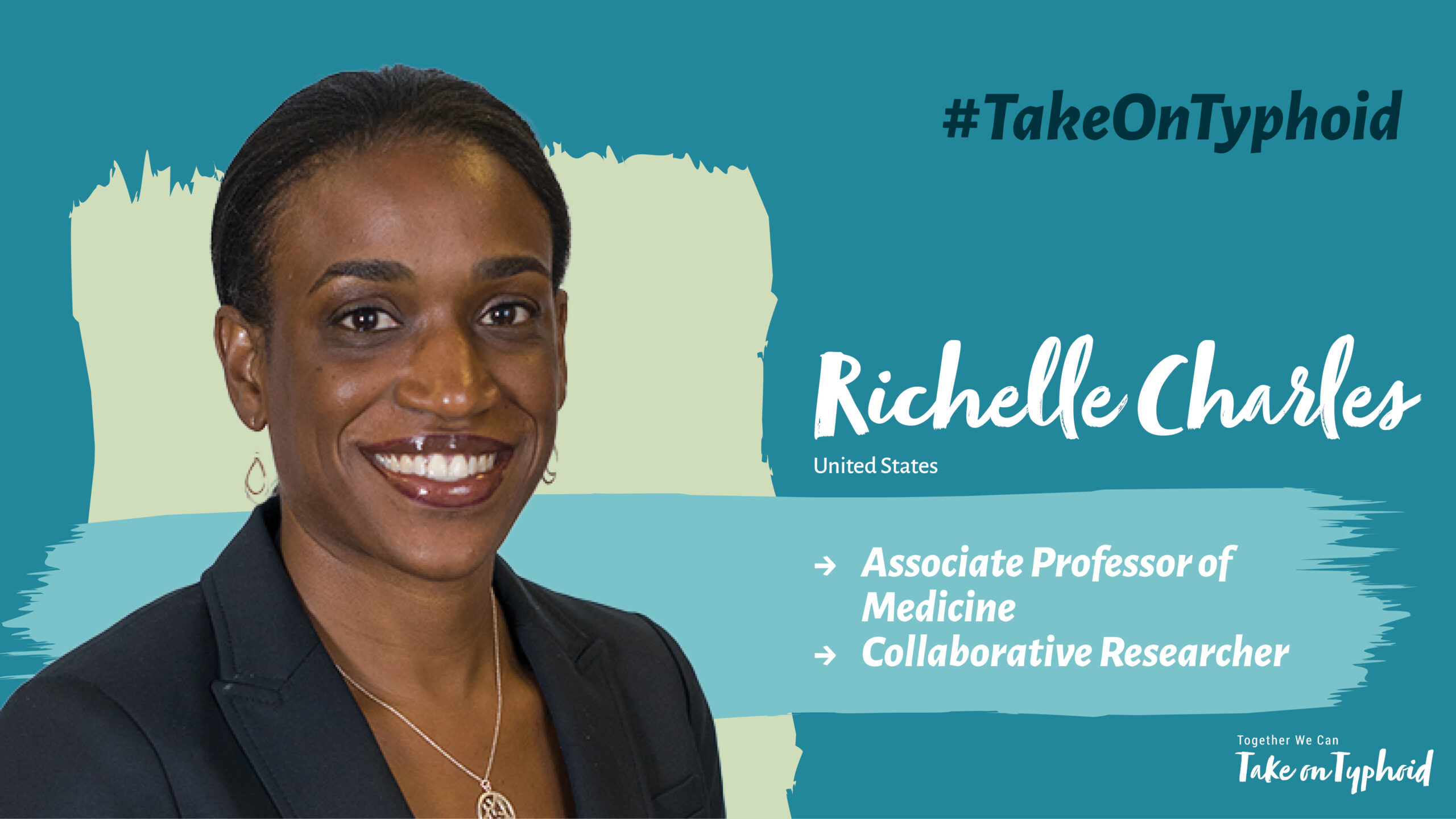This International Women’s Day we celebrate the incredible contributions of female leaders in the typhoid field and their commitment to typhoid prevention and control! This year’s International Women’s Day theme is “inclusion” and with that in mind, we reached out to several women leaders in the typhoid community to learn what inclusion means to them. Responses have been edited for length and clarity.
Rabab Batool: Senior Instructor, Aga Khan University Pakistan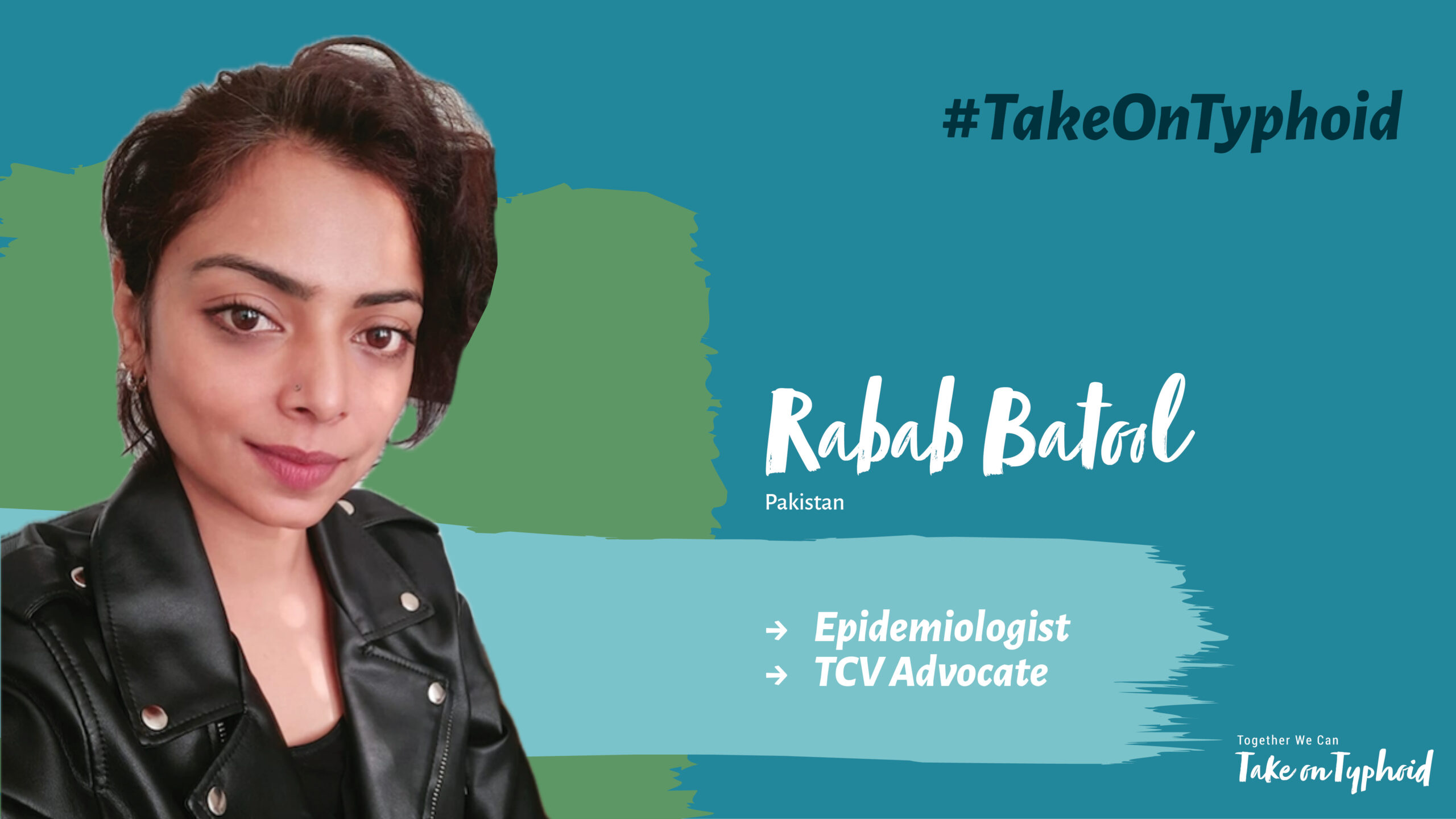
What does inclusion mean to you?
“To me, inclusion refers to the practice of ensuring that all individuals, regardless of their differences are treated fairly and equally. It involves providing the same opportunities and access to resources. Inclusion should foster an environment where diversity is not only valued but also celebrated, ensuring that everyone feels respected, heard, and included. It goes beyond mere tolerance; instead, it actively seeks to embrace and leverage the unique perspectives, backgrounds, and abilities of each individual.”
How do you inspire inclusion in your work?
“In my workplace, I inspire inclusion by actively implementing and championing inclusive policies that promote equity. I advocate for an environment where everyone, regardless of background or identity, feels respected, valued, and empowered to contribute their unique perspectives and skills. This involves fostering open communication, encouraging diversity in decision-making processes, and organizing awareness programs to promote understanding and appreciation of differences.”
Priyanka Patel: Study Clinician, Malawi Liverpool Wellcome Programme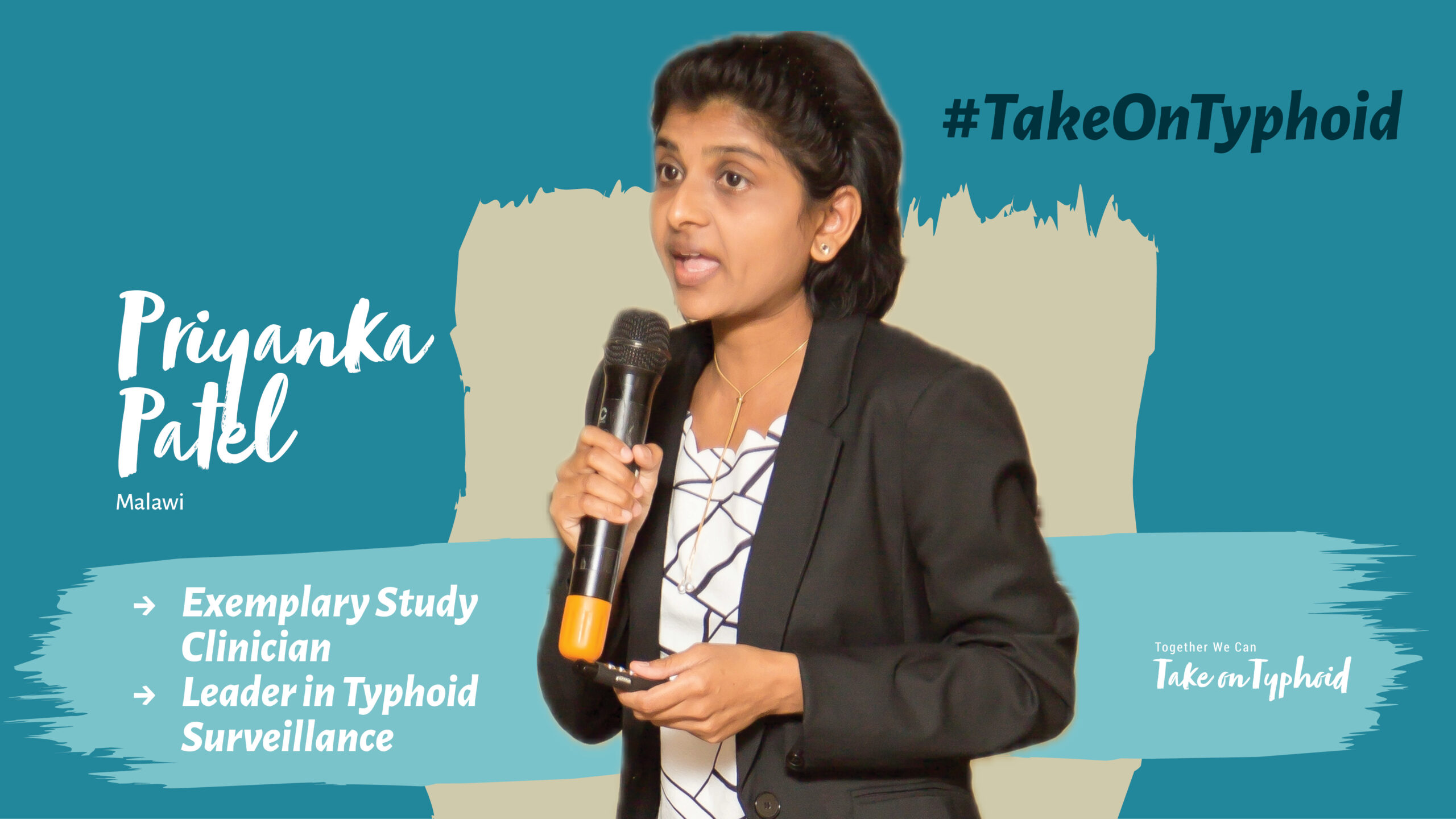
What does inclusion mean to you?
“To me, inclusion means fostering an environment where every individual, regardless of their background, identity, or gender, feels empowered to contribute their unique perspectives and talents.
Despite challenges, I’ve experienced moments of profound inclusion that have significantly influenced my career trajectory. Being included in decision-making processes, receiving acknowledgement for my contributions, and the guidance of female mentors have all played pivotal roles in shaping my professional journey.”
Dr. Sira Jam Munira: Epidemiologist, Typhoid Surveillance Investigator, Infection Prevention Bangladesh
What does inclusion mean to you?
“Inclusion, to me, is about fostering an environment where everyone feels valued, respected, and empowered to contribute their unique perspectives without fearing discrimination.”
How do you inspire inclusion in your work?
“In my work I strive to cultivate an inclusive culture by actively listening to diverse voices, advocating for equitable opportunities, and fostering teamwork. I firmly believe that innovation flourishes when different viewpoints are welcomed and celebrated.”
Dr. Shrijana Shrestha: Professor of Paediatrics, Patan Academy of Health Sciences Nepal
How do you inspire inclusion in your work?
“Creating a workplace environment where everyone feels valued and respected. This includes implementation of [Nepal’s] constitutional provision of reservation seats to people from ethnic minorities and females in educational and job opportunities at the institutional level.”
Anything else you’d like to share about inclusion?
“I was born and raised in a country with 142 different castes and ethnic groups, 123 different languages, varied cultural norms, and a patriarchal society. I have learnt the importance of accepting and respecting differences. I have learnt the value of empowering every individual through social justice and equity.”
Dr. Kristen Aiemjoy: Assistant Professor of Epidemiology at the University of California Davis School of Medicine; adjunct Assistant Professor in the Department of Immunology and Microbiology at Mahidol University in Bangkok, Thailand
What does inclusion mean to you?
“Inclusion to me means that all researchers have the tools and training to estimate typhoid burden in their populations.”
Is there a time that you were included that had an impact on your career?
“In the second year of my PhD program, I was accepted to a two-week mathematical modeling workshop for infectious disease epidemiologists from across the US and several countries in Sub-Saharan Africa. I was excited about this opportunity but also nervous because I had a 6-month-old, and it wasn’t possible to leave him while I was nursing. I reached out to the organizers to explain my situation and they warmly invited me to attend with my son. They went above and beyond to include me, helping me find childcare, and one of the faculty even drove her personal car to accommodate the car seat. The workshop faculty made sure I felt included and valued, a practice I strive to uphold as a mentor.”
Brenda Mhone: Deputy EPI Manager, Malawi Ministry of Health
How do you inspire inclusion in your work?
“It’s crucial to recognize that ‘inclusion is an opportunity to come together rather than drift apart’. I am committed to fostering inclusion by ensuring that all immunization stakeholders are informed about ongoing projects, offering them opportunities to contribute, and ensuring their voices are heard. This proactive approach plays a vital role in creating an inclusive environment for the EPI program, leading to improved health outcomes related to vaccine-preventable diseases and contributing to Sustainable Development Goal 3.”
Is there a time that you were included that had an impact on your career?
“The introduction of the typhoid conjugate vaccine (TCV) marked one of the significant moments in my career where I truly recognized the impact of diversity and inclusion. I had the privilege of spearheading the launch of the new vaccine, ensuring that all immunization stakeholders at all levels actively participated and contributed to the agenda. This inclusive approach contributed to a successful introduction with valuable lessons learned throughout the process.”
Anuradha Gupta: President of Global Immunization, Sabin Vaccine Institute
What does inclusion mean to you?
“To me, inclusion means gender equity. That every woman is given an equal chance at education, at making decisions about her own career, marriage, health, and the health of her loved ones, as well as sufficient economic opportunities and the security to attain her full potential.”
Is there a time that you were included that had an impact on your career?
“When I was still in my early 20s, I joined the Indian Administrative Service that straight away catapulted me into leadership. My first assignment was to head a subdivision where women did not have opportunities for education or employment, so it was a place which hadn’t seen many women leading the charge. That experience imbued me with courage and determination to challenge gender norms and lead from the front.”
Dr. Richelle Charles: Physician, Massachusetts General Hospital; Associate Professor of Medicine Harvard Medical School
What does inclusion mean to you?
“It means ensuring equitable access and opportunities for all individuals, so that everyone has the opportunity to participate and feel that their contributions are valued.”
How do you inspire inclusion at work?
“Fostering a culture where everyone can participate. For example, in meetings, providing an opportunity for everyone to share their ideas and opinions without interruptions.”
Cover photo: A female health worker preparing immunizations in Nepal during the typhoid conjugate vaccine (TCV) campaign. Credit: Rocky Prajapati/TyVAC.

